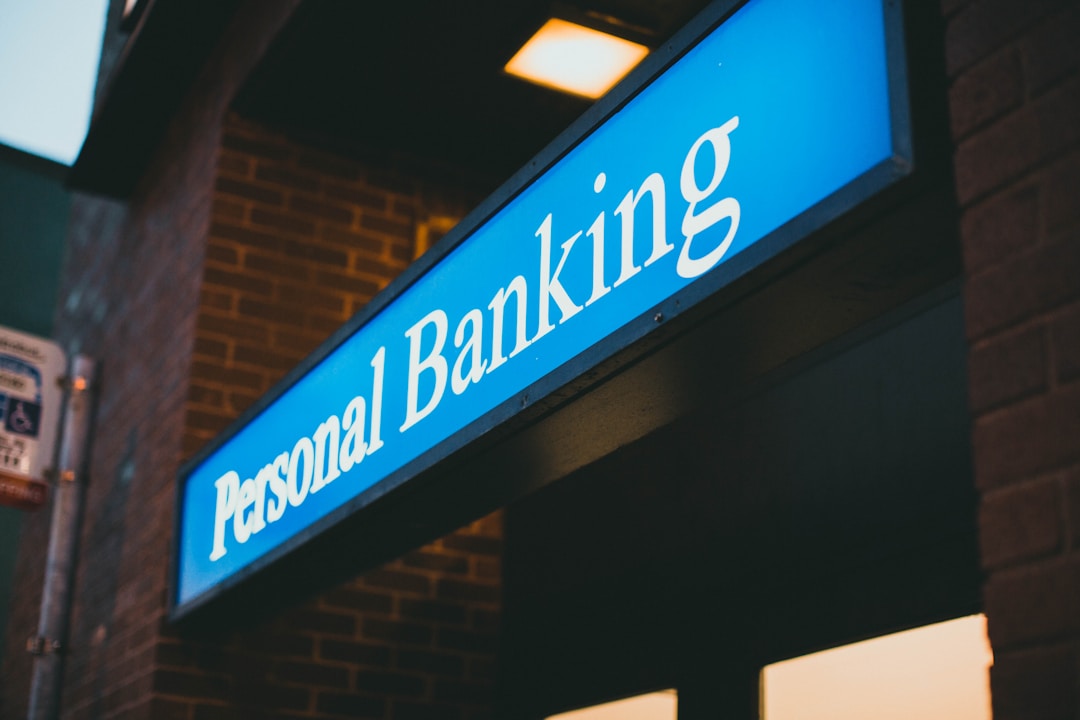Traditionally, the banking industry has always secured and closely guarded all transaction and account data for their customers’ privacy and security. Banking account information and transaction data have typically been some of the most secure personal information around. Recently, however, open banking has begun to open up financial institution data to third parties to allow consumers to share their financial information. Quickly becoming the standard norm in banking, many countries around the world have created rules to mandate and regulate open banking.
Simply stated, open banking is a shift in industry practices that is opening up access to financial data. Open banking operates on the premise that consumers have ownership of their financial data instead of the financial institutions that manage their accounts. Historically, only financial institutions had access to this data, which left consumers tied to their banks in a lifelong relationship with limited options.
Customers have the option to share and use their data as they wish with open banking solutions, however. This new banking model allows consumers to take advantage of innovative financial opportunities and increases competition in the financial services industry. Let’s take a look at some open banking benefits.
Payment Management

As discussed, banks have traditionally locked-down account information to provide end-to-end services from banking to payments. All account information was completely controlled by financial institutions. With the introduction of open banking standards, payment management is being revolutionized. In the past, a consumer only had the ability to track and maintain accounts through their bank. Today, however, third-party apps and websites give consumers the ability to access multiple accounts with several financial institutions at once. This change alters how users access and make payments.
In the past, processing payments required time, took several steps, and even required manual intervention occasionally. As third parties have now gained more access to financial information, payment initiation is drastically changing. Businesses and financial firms have the ability to accept payments directly from customer accounts. This is revolutionizing payment management and creating a quicker and cheaper payment process for all parties.
Financial Opportunities

In this new era of open banking, banks are no longer traditional institutions with absolute control. Since the open banking platform has created a new customer-centric approach, banks providing financial services are evolving.
Financial institutions and become either a service or a platform. Customers are now in control of their financial information and have the opportunity to take advantage of financial services from multiple banks. Since account information and data can now be shared among multiple institutions customers are no longer beholden to one bank and the products offered.
New Business Models

As a result of the open banking revolution, banks are changing their business models. The customer banking experience is transforming completely due to new forms of technology and account information access. Customer can now access their account and financial information through mobile devices, third-party apps, and websites.
On the horizon, technologies such as voice assistants and augmented reality could be incorporated with the interfaces of banking institutions. Gone are the days of having to walk into a bank to deposit a check or request a loan, as most transactions can be done online. Full online banking is now possible as banks develop their own services and work with fintech providers to create digital services.
Open banking has brought changes to the baking and payment sector that has upended the way consumers bank and spend money. With the implementation of virtual banks and banking through intelligent software, payment processing, and data sharing is easier than ever.
Open banking has taken the global economy by storm and has become an essential part of banking. Traditional banking has now shifted to offer better services, reduced fees, and easier processes. Open banking is changing the way we conduct business creating financial power and freedom for consumers.









